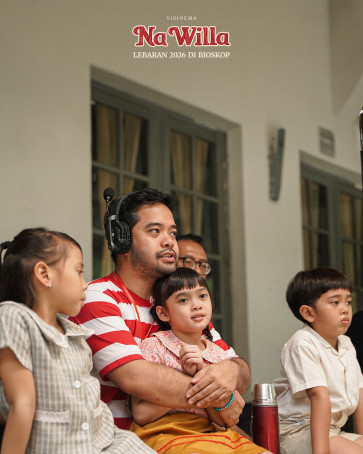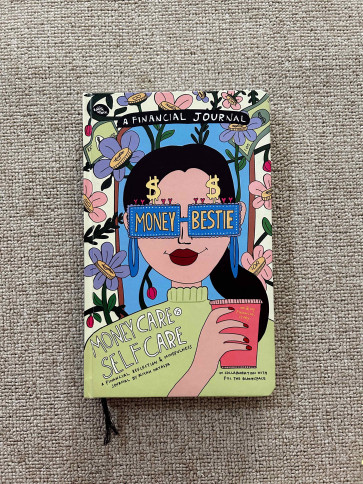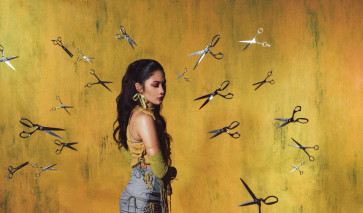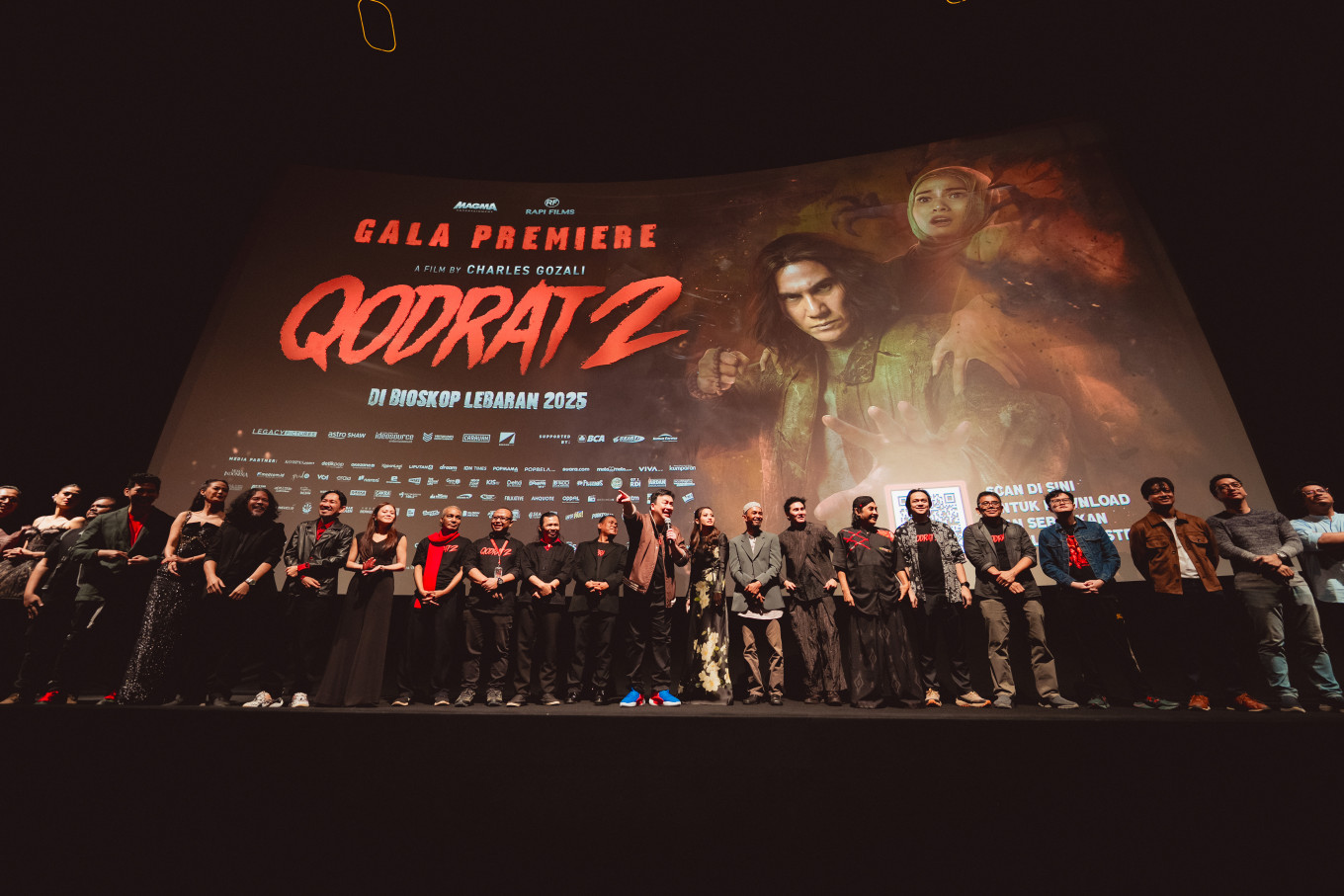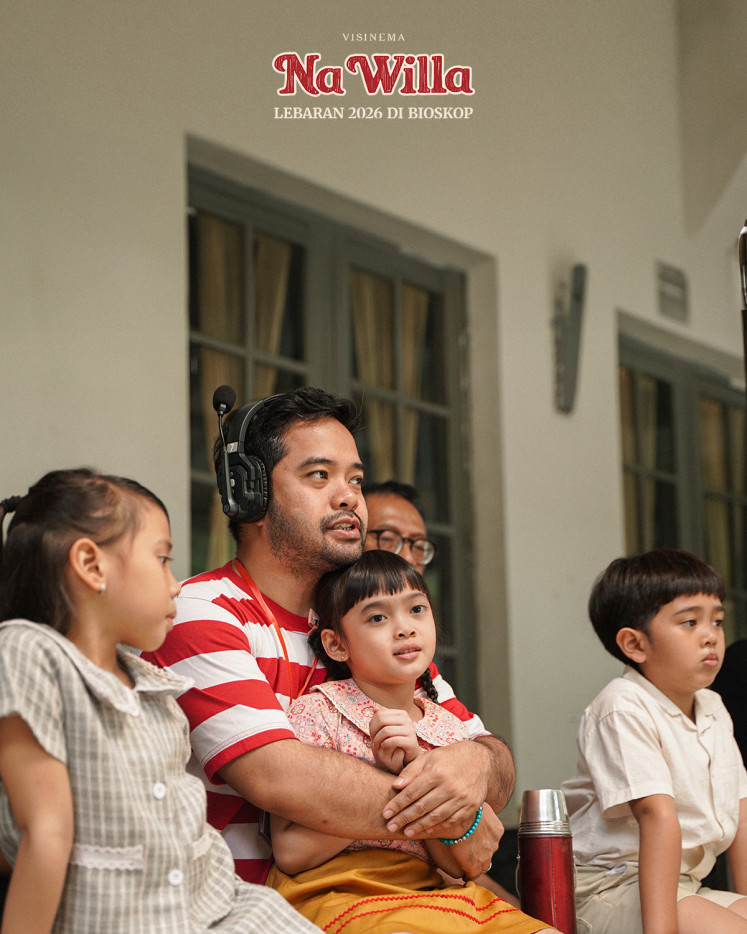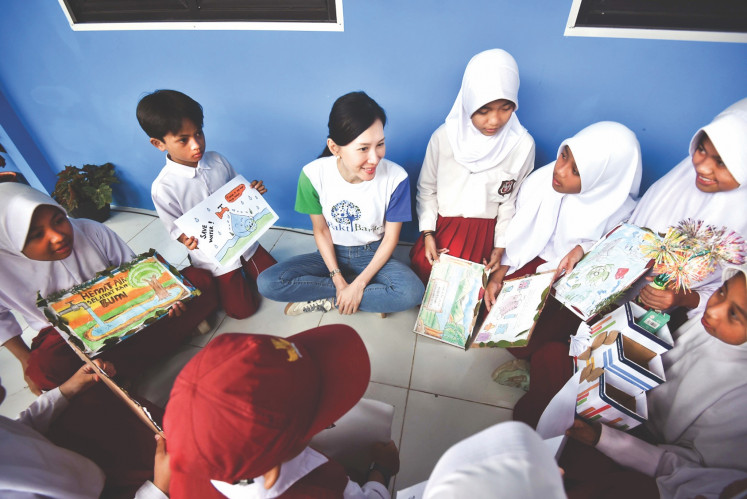Director Charles Gozali, alongside the entire cast and crew of Qodrat 2, warmly welcomed the audience at the film's gala premiere on March 21 at Epicentrum XXI.
There are many horror films in Indonesia, but few manage to balance action, drama and horror while delivering a grand spectacle. A direct sequel to Qodrat (2022), the 10th highest-grossing Indonesian film, Qodrat 2 is another crowd-pleaser, perfect for the Idul Fitri holidays.
From the mind of Charles Gozali, Qodrat stars Vino G. Bastian as the titular preacher who fails to save his son from possession by a devil named Asuala.
The first film focuses on Qodrat’s grief and shaken self-confidence after failing to save his son. Unable to face his wife, he goes back to his old boarding school instead, only to discover the same devil inhabiting the son of a single mom, Yasmine (Marsha Timothy). By the end of the first film, Qodrat regains his old self and sets out to find his wife, Azizah (Acha Septriasa).
Qodrat 2 opens with a different perspective.
This time, we see Azizah at the same moment Qodrat is trying to save their son, desperately begging the devil to spare him. Though her son dies, Azizah is haunted by Asuala so frequently that she can’t even finish her prayers. From the start, it’s clear that this sequel centers on Azizah’s journey.
More than a scare

Thank you!
For signing up to our newsletter.
Please check your email for your newsletter subscription.
Qodrat 2 ups the ante with an even grander spectacle than its predecessor. The fusion of action and horror was not a genre many expected from Gozali when the first movie came out, but it was a recipe that audiences loved.
This time around, the film goes beyond thrills. It delves into our relationship with God, particularly through the act of prayer.
In Indonesian horror films, it’s common to see Muslims being frightened by ghosts mid-prayer. Qodrat 2 flips this trope. Azizah repeatedly tries to pray but always breaks down in tears, because in a moment of desperation, she once promised to serve the devil in exchange for her son’s life. Now, she’s paralyzed by guilt.
Many horror films rely on prayer scenes for quick scares without deeper narrative weight.
In Pengabdi Setan (2017), for example, Rini (Tara Basro) is disturbed mid-prayer by a ghost that even attempts to crawl under her prayer gown. However, the moment ends abruptly and adds little to the plot.
Qodrat 2 takes this concept further, turning it into the central arc of Azizah’s character.
Throughout most of the second act, she does not pray, which we later learn is because she believes she must first repent. This leads her to perform salat taubat (the prayer of repentance).
Acha Septriasa portrays Azizah, the wife of Qodrat, who embarks on a quest for atonement in the sequel. (Photo courtesy of Reza Mardian/JP)
In the third act, Acha Septriasa delivers a gripping performance as a woman struggling to atone, even while she’s possessed by the devil. Gozali employs extreme close-ups to capture her shifting expressions: one moment, she is Azizah, the next, she’s the malevolent Asuala.
A strong character arc is the hallmark of great storytelling, and Azizah’s may be one of the best. A religious preacher’s wife who once pledged herself to darkness now seeks redemption while battling the evil within.
Gozali gives Acha the space to deliver this transformation with dignity, making the scene both terrifying and deeply emotional. To say that Acha shines in this role would be an understatement; she soars, and her performance might just earn her a second Citra trophy this year.
Bigger spectacles, deeper commentary
When it comes to producing a sequel, audiences expect a bigger spectacle.
Qodrat remains a religious preacher who battles both evildoers and the devil in this movie, but this time, Gozali raises the stakes.
Set in a factory where Azizah and her friend Purwanti (Della Dartyan) work, the film explores a familiar horror setting in Indonesia: the workplace as a site of exploitation. Recent films like Hutang Nyawa (2024) and Pabrik Gula (2025) have tackled similar themes.
However, Qodrat 2 uses this setting as a metaphor for what we often prioritize in life: work. Azizah distracts herself from praying by immersing herself in her job. She lives in the factory with other women workers, none of whom pray.
This theme is reinforced when Qodrat visits the village where the factory is located, only to find that it doesn’t even have a mosque.
Eventually, it’s revealed that the factory managers plan to sacrifice the women for the factory’s so-called "prosperity". When Purwanti and Azizah discover that one of their friends has mysteriously died, they take matters into their own hands and investigate.
All hell breaks loose when they learn that the factory managers are in league with the devil. Once they uncover the truth, they fight for justice—only to be met with violence from the factory’s security officers.
How many times have we seen those in power commit physical assault against civilians under the guise of "protection"?
These women don’t have the strength or combat skills that their oppressors do, but they fight back because they believe in their cause.
In Qodrat 1, Yasmin (Marsha Timothy) does not have the same fighting spirit as these women. She mostly relied on Qodrat to save her family. Unlike Azizah and Purwanti, she was isolated, lacking the collective strength that these factory workers share.
This is why Qodrat 2 feels more empowering for women—one of the film’s strongest points is the way it highlights their resilience.
The end of the second act perhaps may be the biggest spectacle Charles Gozali has ever orchestrated.
The setting enhances the story, while Qodrat’s strengths and weaknesses shape how the events unfold. Compared to the first film, the sequel’s screenplay—written by Citra winner Gea Rexy, Asaf Antariksa and Gozali himself—feels more intentional in how it expands the universe of its characters.
Some might feel that Qodrat 2 has fewer action sequences than the previous film.
However, I find that the balance is just right—especially since this film gives more characters and themes the attention they deserve, proving that a story written with strong intention is just as important as the martial arts and stunts.
Reza Mardian is a winner of the Best Film Critic award at the Festival Film Indonesia 2024 and a “pawrent” to two rescued cats. He writes screenplays every time he finishes rewatching La La Land or Lady Bird.






